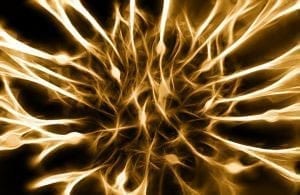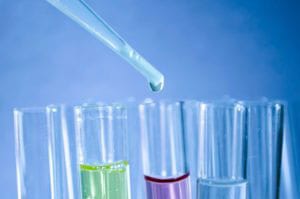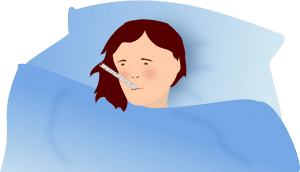Urea Cycle Disorders
What are urea cycle disorders?
A urea cycle disorder is a genetic (inherited) disorder that affects how the body removes the waste that is made from breaking down protein. In a healthy person, the liver supplies several enzymes to change nitrogen into urea, which is then removed from the body in urine. This entire process is called the urea cycle. The liver in a person with urea cycle disorder is missing an enzyme necessary to convert nitrogen into urea. As a result, ammonia, a highly toxic substance, builds up in the bloodstream and is not removed from the body.
There are six different types of urea cycle disorders, and each is named after the deficient urea cycle enzyme:
- arginase deficiency (ARG)
- argininosuccinate lyase deficiency (ASL)
- argininosuccinate synthetase deficiency (ASS)
- carbamyl phosphate synthetase deficiency (CPS)
- N-acetylglutamate synthase deficiency (NAGS)
- ornithine transcarbamylase deficiency (OTC) (most common)
Overall, urea cycle disorders are thought to occur in at least 1 in 30,000 individuals globally, although this may be an underestimation of the true prevalence.
What are the signs and symptoms of urea cycle disorders?
The age of onset and specific symptoms vary between the different types of disorders. They are most often diagnosed in infancy, but some children do not show symptoms until early childhood. In children with severe urea cycle disorders, the symptoms will develop within the first 24 hours of life.
While all of these symptoms may not be present, usually the baby will become very sleepy and irritable and will have poor feeding and/or vomiting. Seizures, trouble breathing and coma may appear later.
Symptoms in children with a mild or moderate urea cycle disorder, who do not show symptoms until early childhood, may include:
- Disliking meat or other foods rich in protein
- Vomiting, nausea
- Mental confusion or hyperactive behavior
- Fatigue
- Coma
How are urea cycle disorders diagnosed?
The diagnosis of an urea cycle disorder in a symptomatic individual is based on:
- Family history
- Physical examination
- Testing
What treatment options are available for urea cycle disorders?
The treatment of urea cycle disorders consists of:
- Dietary management
- Medication/drug treatment
- Supplements
- Blood tests
Where can I find out more about urea cycle disorders?
Urea Cycle Disorders Articles

An Ornithine Transcarbamylase Deficiency Treatment Has Been Approved for Clinical Trials

Results from Three Clinical Trials for Urea Cycle Disorders and Cirrhosis Coming by the End of the Year

Ravicti Now Approved for Newborns with Urea Cycle Disorders

Rare Disease Treatments Cleared For Coverage on NHS Scotland

Surviving Flu Season With a Rare Disease Featuring Francesca Abbott

Urea Cycle Disorders: How Deadly Bacteria Could Save Your Life







